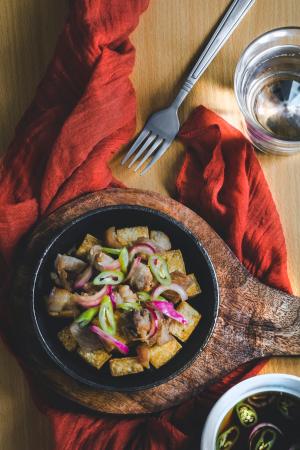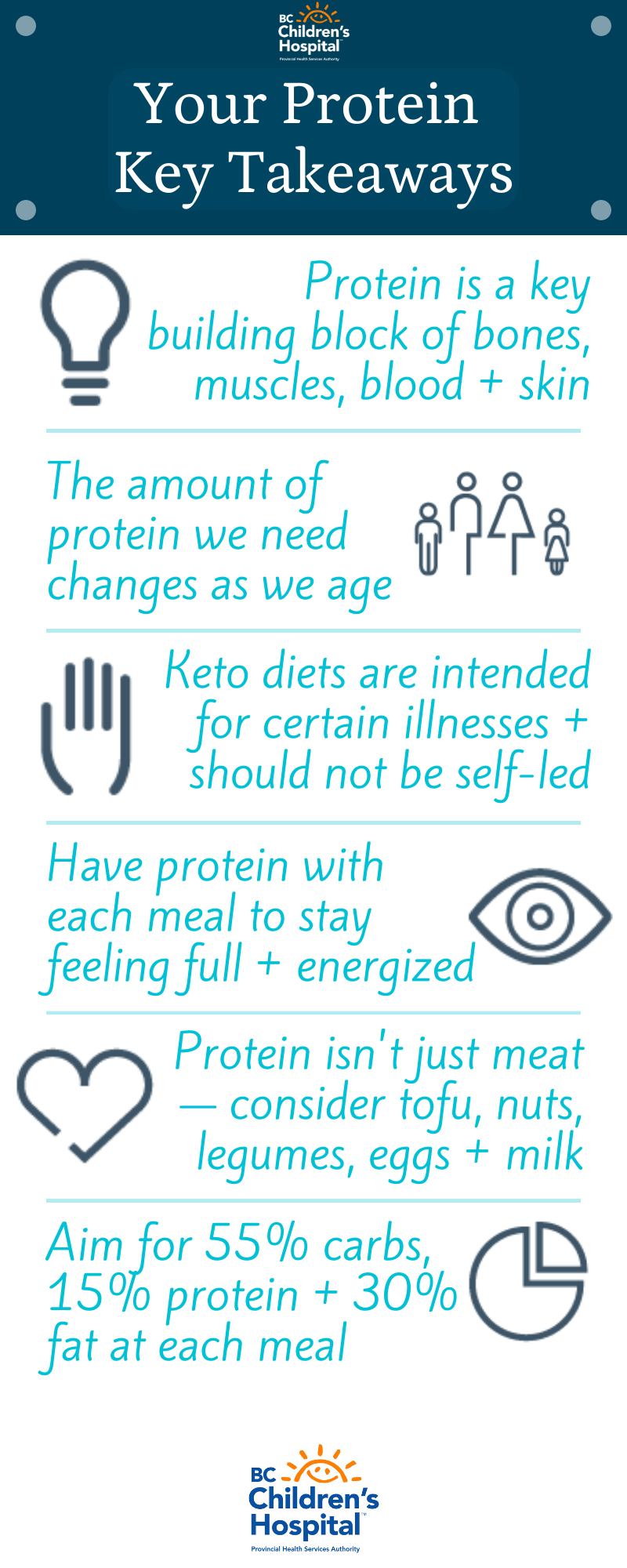BCCHR's People in Focus Series

Parents want to feed their kids the right foods and the correct balance of key nutrients. But it's not always easy to tell the difference between helpful advice and harmful trends. Dr. Rajavel Elango of BC Children's Hospital is here to help.
"A child's protein demands change drastically throughout life. What an infant requires is very different from what an older child requires and then what a teenager requires. My objective has been to try to determine these different requirements across the lifespan." —Dr. Rajavel Elango
1) Dr. Elango's Work with the United Nation's Food and Agriculture Organization May One Day Impact What's on Your Child's Plate
Dr. Elango was one of 10 international nutrition experts invited to take part in a Food and Agriculture Organization of the United Nations (FAO) working group that helped to identify the best methods for measuring protein quality in food. This has led to important findings in child nutrition, and the results of his research will inform dietary recommendations set by governments and regulatory bodies around the world.
A method that he helped perfect, the indicator amino acid oxidation (IAAO) method, has been instrumental in the research for this long-term project. Since the IAAO method is safe and non-invasive, it is the perfect tool for determining protein requirements in babies and children.
2) He Wanted to Be a Pediatrician Just Like His Dad
"My dad is a pediatrician back home in India. I wanted to be him, to be honest. But then I started getting interested in the field of nutrition research. In India there are still many issues with undernourishment and lack of protein is a key player in that, so it was an obvious choice for me to focus on protein nutrition."
Dr. Elango applied for — and received — a fellowship for protein nutrition at the University of Alberta. Then from Alberta he moved to The Hospital for Sick Children in Toronto to work on a technique being developed there. Little did he know then that this technique, the IAAO method mentioned above, would become one of the tools he would work with in much of his research.
To this day, though, working directly with patients is the most rewarding aspect of Dr. Elango's work.
"I'm part of the neonatal intensive care unit, and we have a clinic which exclusively takes care of children with inborn errors of metabolism whose bodies are not able to adequately turn food into energy. All of these infants will require lifelong diet management. While all of the work I do is deeply gratifying, the most pleasure I get is in making improvements in these children's lives," he said.
"Diet is an everyday thing for them. We often take what we eat for granted and our lives do not depend on planning meals in advance, but these children have to plan every single thing that they consume."
3) Dr. Elango Advises Parents to Give Their Child Protein as Part of Every Meal…but to Stay Away from Keto

When selecting food for your child, Dr. Elango recommends including a small portion of high-quality protein with each meal. And protein is so much more than just meat! Other options include eggs, tofu, chickpeas, legumes, and milk.
"If kids have protein in every meal, they’re less likely to consume a lot of sugar and other less nutritious foods." —Dr. Rajavel Elango
Protein is very satiating (keeps you feeling full), fulfills energy requirements, and supplies the body with amino acids (the building blocks of proteins). However, Dr. Elango recommends staying away from trendy keto diets, other very high protein diets, and extreme eating in general — especially for children and teens.
"Keto diets were designed for certain diseases — for those with seizures, specific types of cancer, and so on. A healthy person or child should not even remotely consider a self-directed keto diet, as it is simply not safe," Dr. Elango said.
"The excess ketones, or chemical by-products, produced on a ketogenic diet can be quite harmful for the developing brain. Some parents try to treat their child's excess weight or obesity with a keto diet, but this may be compromising neurodevelopment. When your child's diet is balanced and they are getting enough physical activity, they have no need for special diets or dieting."
Try this Easy Baked Tofu Nuggets recipe!
4) One of His Major Research Findings Was an Accident Involving a Fridge

Though raw food diets have been trendy in recent years, and some assume that raw food is better for the body, Dr. Elango says that it's been known for a long time that heating and warming food allows key proteins to be digested easily, while too much heating or burning food does the opposite.
What he didn't know, however, was just how much protein absorption or availability changes when foods are served cold.
"One day we got completely unexpected results. We went back and tried to figure out what was different that day compared to all the others, and found that we'd accidentally fed food straight from the fridge to study participants for an entire day. We did not expect at all that giving kids cold food would vastly reduce the protein available to the body!"
Fascinated by their findings, Dr. Rajavel and his team conducted a separate study comparing cold versus warm food for children. The results of their research will be published in the near future.
5) Dr. Elango Says That Good Nutrition is All about Balance
Emphasizing the role of balance in nutrition might sound cliché, he says, but it really is a worthwhile concept to keep in mind.
"Balance is the ultimate goal, both in our diet and in the body. If we have too much protein the body converts it to fat, because it's much easier for the body to produce fat than muscle. So we need to balance protein with quality carbohydrates and fats," Dr. Elango said.
A good rule of thumb is to aim for 55 per cent carbs, 15 per cent protein, and 30 per cent fat at each meal. And for more direction with planning your child's diet, Dr. Elango recommends getting a referral from your doctor to see a registered dietitian.
"What can be learned in one or two sessions with a registered dietitian is invaluable."
6) His Work Considers How Our Food Choices Impact the Environment
With climate change and the knowledge that we need to minimize our impact on the environment, Dr. Elango considers the balance of human dietary needs and the ways we can work to ensure that our children inherit the healthiest planet possible.
"We know that we can help reduce our environmental impact by reducing consumption of foods like dairy and beef, which are particularly energy- and resource-demanding. However, dairy and beef provide such a full range of protein and amino acids, so what do we do?"
Again, it goes back to balance!
"One recent solution [to climate change] is to start switching to a more plant-based diet, but we also shouldn't compromise health — especially the health of children. Our objective has been to come up with ways to balance animal and plant sources of protein, while ensuring that children are meeting their body's protein demands," Dr. Elango said.
Exact recommendations are in the works, but for now consider:
- Reducing processed meat
- Increasing plant-based protein from a variety of sources (variety is key!)
7) Dr. Elango's Favourite Protein Meal is Goat Curry
While he eats meat in moderation and tends to get a lot of his protein from plant-based sources, Dr. Elango's favourite protein meal is "definitely goat curry!"
"I grew up eating it. My birth town is in southern India, and I've never had a goat curry like the kind served there. Nothing even comes close to that taste!"

Here's a quick video highlighting some of the above information!




